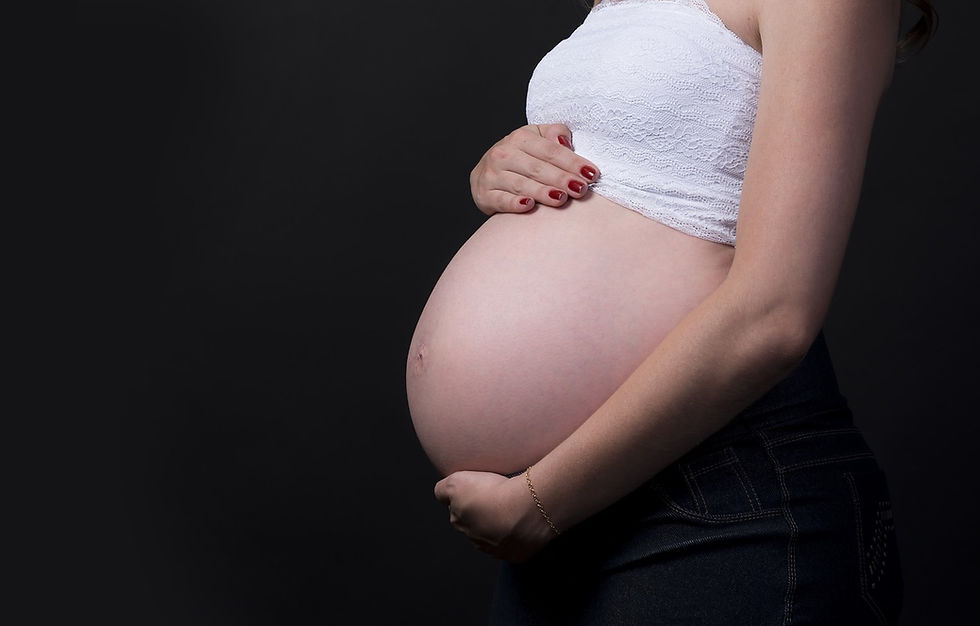Examining the link between alcohol use and depression in young people
- Brecken Sales

- Feb 3, 2022
- 2 min read
Incidence of depression and problematic alcohol use increase significantly during adolescence and early adulthood and co-occurring of depression and alcohol is known to increase suicidality, especially in young people (Magee & Connell, 2021). Two models exist, one indicating alcohol misuse may lead to emotional dysregulation and depression, and the other suggesting alcohol is used as a coping mechanism for previously established depression. Studies have indicated a high comorbidity between alcohol use and depression, but few studies have examined the long-term effects of using alcohol as a coping mechanism and later depression diagnosis. Therefore, the study by Magee and Connell attempts to understand the relationship between coping, alcohol use, and later depression. Participants were surveyed about frequency and motivation for alcohol use at ages 17, 22, and 23. From ages 28-30, the same participants were administered the standardized Composite International Diagnostic Interview (CIDI), which allows professionals to generate mental health diagnoses.
Results were influenced by gender, as females aged 17, 22, and 23 reported more depressive symptoms but lower alcohol use as a means of coping. Despite lower problematic alcohol use in females, it was noted that transition from alcohol use to misuse as a means of coping followed similar trajectories in both males and females. There were significant age-related trends, where alcohol use at age 17 predicted depression and alcohol misuse at age 22, but only depression at age 23. Interestingly, alcohol use at 22 did not predict depression at age 23, suggesting that younger alcohol use may not necessarily be related to coping, but may become a coping mechanism as alcohol accessibility increases and age-related stressors also increase. During the age 28-30 CDIDs, it was noted that although alcohol use was not directly related to a diagnosis of Major Depressive Disorder (MDD), alcohol use in adolescence did indirectly predict MDD and suicidality.

Overall, the study by Magee and Connell highlighted that coping by alcohol use had a significant increase in depression risk across young adulthood. This study represents one of few longitudinal attempts to understand the relationship between substance use coping and depression, and further research is recommended in this area to further understand how the two interact.
Citation:
Magee, K. E., & Connell, A. M. (2021). The role of substance use coping in linking depression and alcohol use from late adolescence through early adulthood. Experimental and Clinical Psychopharmacology, 29(6), 659–669. https://doi-org.ezproxy.library.uvic.ca/10.1037/pha0000436
Closed Access




Comments